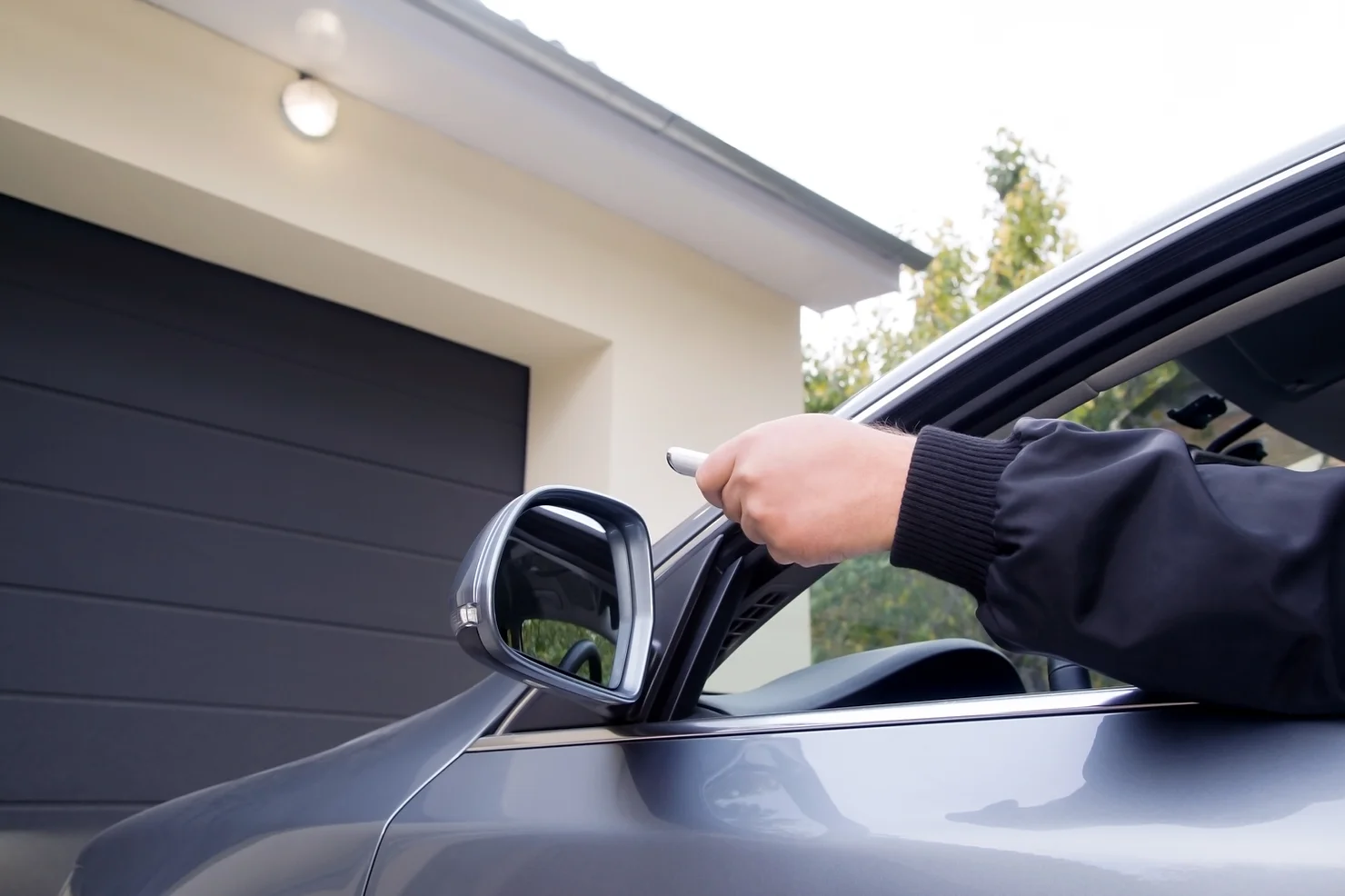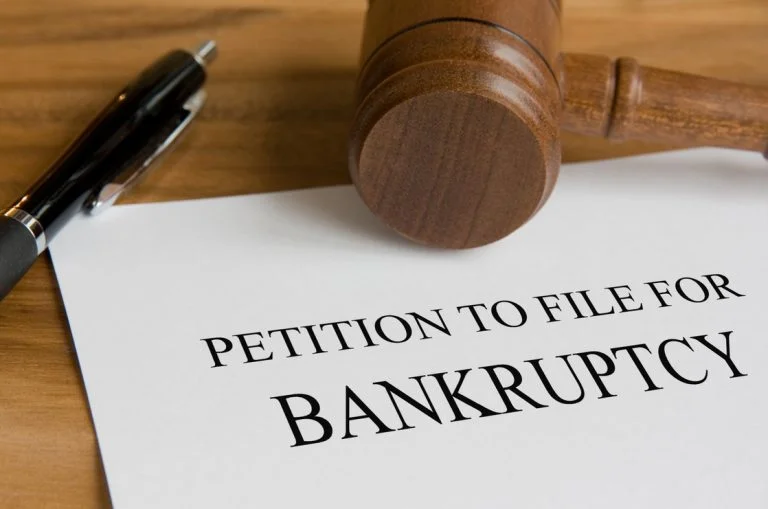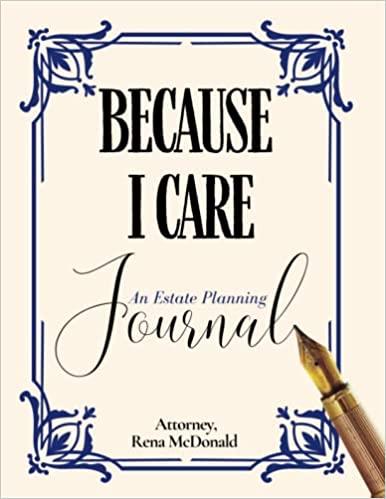You can keep your home
Most individuals are concerned about the prospect of losing their home after filing a bankruptcy. The federal bankruptcy code has specific provisions which allow you to keep your home. Typically, we can exempt up to $550,000.00 of equity in Nevada. Because of the real estate crisis in Las Vegas and Henderson most families have no difficulty falling within this threshold amount.
You can keep your car
You can still keep your vehicle after filing a bankruptcy. A lot of people are concerned that they will lose their means of transportation if they file. In the Las Vegas area you can keep your vehicle if the value of it falls into a certain dollar limit. The limit for a vehicle equity in the state of Nevada is $15,000.00. This value is calculated after you deduct any amount you owe on the vehicle. Thus most people can also keep their vehicles after they file the bankruptcy.
You can keep your businesses
Most business owners worry a personal bankruptcy will affect their business. The bankruptcy process is designed to help you start over. There are many options for small business owners which will allow them to keep their businesses open and operating.
You can do a short sale of your home
A lot of individuals are considering short sales in lieu of foreclosures. With the trustees permission, you can still complete a short sale for your property.
You can request a loan modification
Whether or not you are in bankruptcy, it may benefit you to request a loan modification. Specifically in the Las Vegas and Henderson real estate markets home values have fluctuated dramatically and interests rates have fallen. An individual’s status in a bankruptcy typically will have no effect on their ability to negotiate for a loan modification.
You may be able to remove your second mortgage
Depending on the type of bankruptcy you file, you may be able to remove your second mortgage in a bankruptcy. As the home values continue to drop in Las Vegas, North Las Vegas, Henderson, and Boulder City; the likelihood of your success with removal of the second mortgage increases. If the value of your home has dropped below the value of the second mortgage, you can typically remove or “strip off” the second mortgage through your bankruptcy case.
You will not lose everything if you file
A lot of individuals are concerned that they will lose everything they own if they file a bankruptcy. Fortunately, the federal and local Nevada regulations contain many exemptions in bankruptcy such as the home, vehicle, and personal property exemptions. These exemptions allow you to keep many of your possessions. In most cases you will not have to give up any of your possessions.
Your family, friends, and employers will treat you differently
Typically, no one has to know that you are filing. It is no ones business but your own. But everyone has been touched by these difficult financial times. You may be surprised about your friends and family that are facing the same issues, and may be really supportive of your decision to start over. There are specific provisions of the bankruptcy regulations which make it illegal for employers or persons to discriminate against you after filing a bankruptcy.
Obviously, these issues are emotional, it is important to deal with them from a rational logical position rather than letting fear continue to rule your life. There are a lot of rumors about filing a bankruptcy. It is very important to get good legal advice to determine whether or not filing a bankruptcy would be the best options for you and your family.
Filing a bankruptcy action is an important decision with financial and legal ramifications. It is important to consult with an attorney before you file to determine whether or not filing a bankruptcy is right for you.







